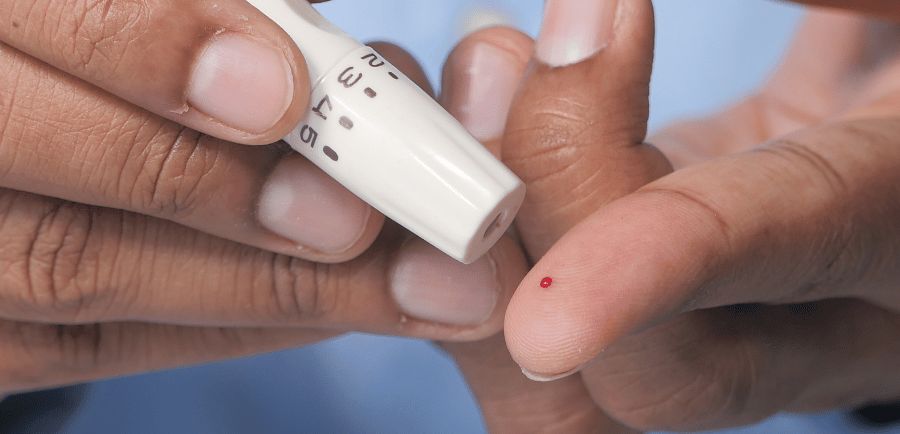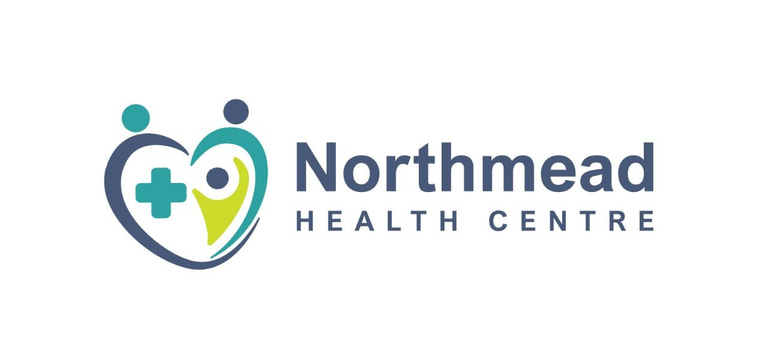How Diabetes Affects the Heart and Blood Vessels
The relationship between diabetes and cardiovascular disease is a complex one, but understanding it is key to protecting your long-term health.
9/7/20253 min read


Living with diabetes means managing your blood sugar levels, but it's also crucial to be aware of the ripple effect it has on other parts of your body, especially your heart and blood vessels. The relationship between diabetes and cardiovascular disease is a complex one, but understanding it is key to protecting your long-term health.
The Sugar Overload: A Ticking Time Bomb
Think of your blood vessels as a network of delicate, flexible tubes. When you have consistently high blood sugar (hyperglycemia), it's like a constant stream of sticky, abrasive particles flowing through these tubes. This excess sugar damages the inner lining of the blood vessels, a layer called the endothelium.
This damage doesn't happen overnight. Over time, this chronic irritation triggers a chain reaction:
Inflammation: The body's natural response to injury is inflammation. In your blood vessels, this leads to a buildup of plaque—a sticky mixture of cholesterol, fat, and other substances. This process is known as atherosclerosis.
Narrowing and Hardening: As plaque builds up, the blood vessels become narrower and less flexible, a condition often called "hardening of the arteries." This makes it harder for blood to flow freely, forcing your heart to work harder to pump blood through the constricted pathways.
The Heart in the Crosshairs
The effects of this damage are felt most acutely by your heart. The heart muscle itself needs a constant supply of oxygen-rich blood, delivered by the coronary arteries. When these arteries are narrowed by atherosclerosis, it can lead to:
Coronary Artery Disease (CAD): This is the most common form of heart disease. The reduced blood flow can cause chest pain (angina) during physical activity, or, if a plaque ruptures and a clot forms, a heart attack.
Heart Failure: The extra strain on the heart muscle, due to both high blood pressure (a common complication of diabetes) and the constant effort to pump blood through narrow vessels, can weaken it over time. This can lead to heart failure, where the heart can no longer pump blood as efficiently as it should.
More Than Just Sugar: The Domino Effect
Diabetes doesn't work in isolation. It often comes with a host of other risk factors that compound the damage to your cardiovascular system:
High Blood Pressure (Hypertension): High blood pressure and diabetes are a dangerous duo. Hypertension adds to the stress on your blood vessels and heart, accelerating the damage.
High Cholesterol (Dyslipidemia): People with diabetes often have unhealthy cholesterol levels, specifically high triglycerides and low "good" HDL cholesterol. This imbalance contributes directly to plaque formation.
Obesity: Many people with type 2 diabetes are also overweight or obese. Excess weight puts additional strain on the heart and is linked to high blood pressure and cholesterol.
Taking Control of Your Heart Health
The good news is that you have the power to protect your heart. While managing your blood sugar is a fundamental step, a holistic approach is most effective:
Strict Blood Sugar Control: This is your first line of defense. Work with your healthcare provider to find the right treatment plan to keep your A1C levels in a healthy range.
Move Your Body: Regular physical activity helps control blood sugar, lowers blood pressure, improves cholesterol levels, and helps maintain a healthy weight. Aim for a combination of aerobic and strength-training exercises.
Eat a Heart-Healthy Diet: Focus on whole foods, lean proteins, and healthy fats. Reduce your intake of saturated fats, trans fats, and processed foods.
Manage Blood Pressure and Cholesterol: Get these checked regularly and take any prescribed medications as directed.
Quit Smoking: Smoking is one of the most significant risk factors for heart disease, and its effects are amplified in people with diabetes.
By understanding the intricate link between diabetes and heart health, you can take proactive steps to safeguard your future. It's about more than just numbers on a meter; it's about giving your heart the love and care it deserves.

